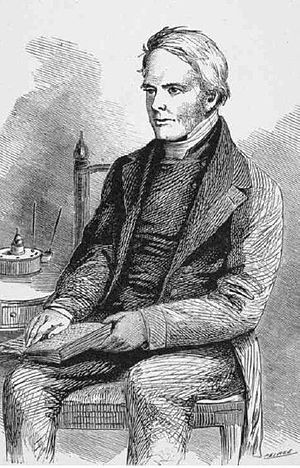Dan Pearce writes this piece on his blog, “sdl.” It is worth reading! It is about, after all is said and done, how we live out the calling of Jesus Christ – how we are and are not living up to the example and commands of Jesus. Here are a couple paragraphs to give you a taste.
“Why is it that sometimes the most Christlike people are they who have no religion at all?
“I have known a lot of people in my life, and I can tell you this… Some of the ones who understood love better than anyone else were those who the rest of the world had long before measured as lost or gone. Some of the people who were able to look at the dirtiest, the poorest, the gays, the straights, the drug users, those in recovery, the basest of sinners, and those who were just… plain… different…
“They were able to look at them all and only see strength. Beauty. Potential. Hope.
“And if we boil it down, isn’t that what love actually is?
“Don’t get me wrong. I know a lot of incredible Christians, too. I know some incredible Buddhists and Muslims and Hindus and Jews. I know a lot of amazing people, devout in their various religions, who truly love the people around them.
“I also know some atheist, agnostic, or religionless people who are absolutely hateful of believers. They loathe their religious counterparts. They love only those who believe (or don’t believe) the same things they do.
“In truth, having a religion doesn’t make a person love or not love others. It doesn’t make a person accept or not accept others. It doesn’t make a person befriend or not befriend others.
“Being without a religion doesn’t make somebody do or be any of that either.
“No, what makes somebody love, accept, and befriend their fellow man is letting go of a need to be better than others.
“Nothing else.
“I know there are many here who believe that living a homosexual life is a sin.
“Okay.
“But, what does that have to do with love?
“I repeat… what does that have to do with love?
“Come on. Don’t we understand? Don’t we get it? To put our arm around
someone who is gay, someone who has an addiction, somebody who lives a
different lifestyle, someone who is not what we think they
should be… doing that has nothing to do with enabling them or accepting
what they do as okay by us. It has nothing to do with encouraging them
in their practice of what you or I might feel or believe is wrong vs
right.
“It has everything to do with being a good human being. A good person. A good friend.
“That’s all….
“My request today is simple. Today. Tomorrow. Next week. Find
somebody, anybody, that’s different than you. Somebody that has made you
feel ill-will or even [gulp…] hateful. Somebody whose life decisions
have made you uncomfortable. Somebody who practices a different religion
than you do. Somebody who has been lost to addiction. Somebody with a
criminal past. Somebody who dresses “below” you. Somebody with
disabilities. Somebody who lives an alternative lifestyle. Somebody
without a home.
“Somebody that you, until now, would always avoid, always look down on, and always be disgusted by.
“Reach your arm out and put it around them.
“And then, tell them they’re all right. Tell them they have a friend. Tell them you love them.
“If you or I wanna make a change in this world, that’s where we’re gonna be able to do it. That’s where we’ll start.
“Every. Single. Time.
“Because what you’ll find, and I promise you this, is that the more
you put your arm around those that you might naturally look down on, the
more you will love yourself. And the more you love yourself, the less need you’ll ever have to find fault or be better than others. And the less we all find fault or have a need to be better than others, the quicker this world becomes a far better place to live.
“And don’t we all want to live in a better world? Don’t we all want our kids to grow up in a better, less hateful, more beautiful “world?
“I know I do.”
Think on such things – try to come into the idea that the Way of Jesus Christ is so contrary to this American culture of ours! It matters not how much the left or right or liberal or conservative or Roman Catholic or Evangelical or Anglican or Protestant or Independent wants us all to believe that THEY (their group, their belief system, their denomination, their church) have it all exactly right and so lovingly warn everyone else that if they don’t get on board they are going straight to the Lake of Burning Fire for all eternity -crispy critters.
We are blind. Why? Because we are fallible, because we see in part, because we know in part, and because we will not know fully until we get on to the other side. Why, then do we have to pretend that we or I or s/he or us are exactly right?










